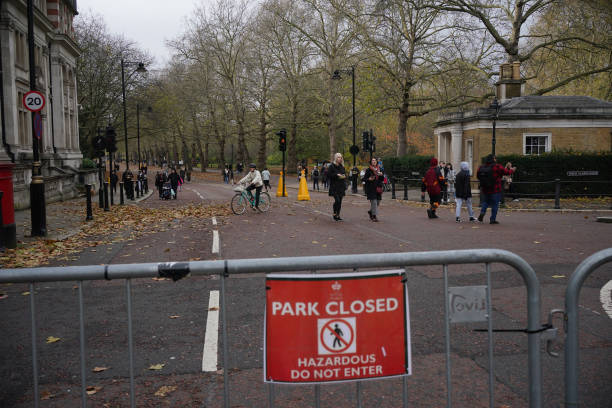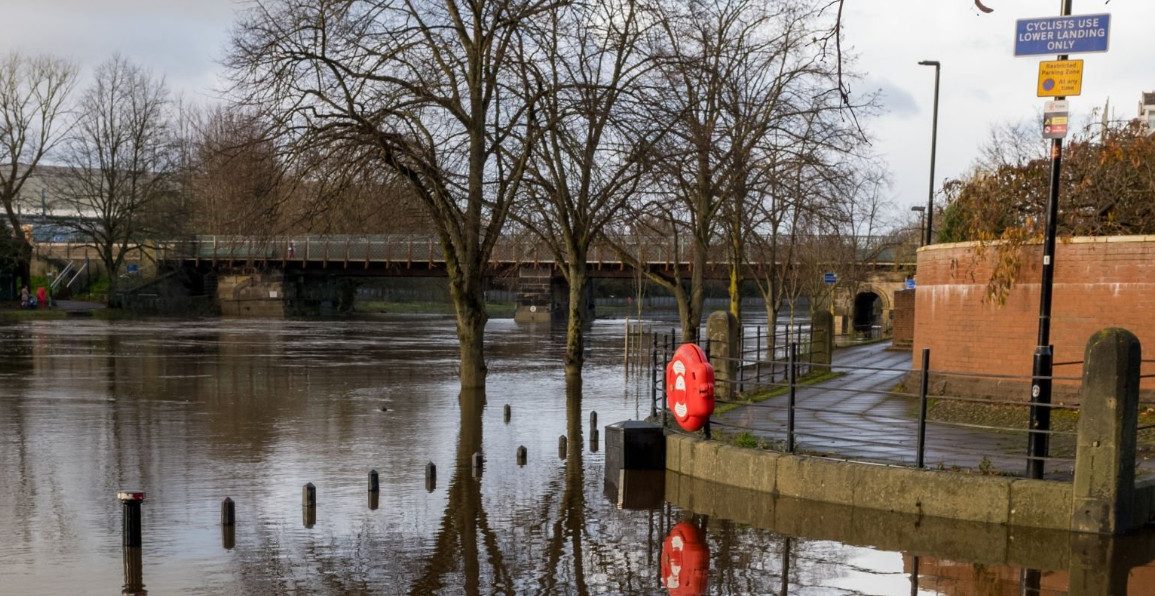Storm Bert wreaked havoc across the UK on Saturday, leaving thousands without power and causing widespread travel disruptions.
The storm, which brought winds reaching speeds of up to 70mph, battered many areas, causing significant damage and concern.
As temperatures began to rise over the weekend, forecasters warned that melting snow combined with heavy rain would result in serious flooding across the country.
Energy experts, including Ross Easton from the Energy Networks Association, described the event as a “multi-hazard event,” highlighting that the worst of the storm was yet to come.
Power outages were widespread, and engineers and emergency teams were on standby as control rooms closely monitored the storm’s progress.
Coastal areas were expected to experience dangerous conditions due to the fierce winds, which also prompted a yellow wind warning for southern England and parts of Wales.

Tragically, the storm claimed lives, with a man in his 60s killed when a tree fell onto his car near Winchester.
In West Yorkshire, a collision caused by storm-related conditions claimed the life of a 34-year-old man.
In North Wales, five adults and five children had to be rescued after a landslide, though no one was seriously injured.
As the storm intensified, the UK issued 16 flood alerts across the country, with Scotland and parts of England facing amber warnings for heavy snow.
Roads and rail services were severely disrupted, with the M48 Severn Bridge closed due to strong winds, and major roads like the A66 in County Durham shut due to snow.
Air travel was also impacted, with flight delays and cancellations at Newcastle Airport.
For the rest of the weekend, the Met Office continued to issue warnings, forecasting up to 70mm of rain and a risk of flooding in certain areas.
With continued travel disruptions and adverse weather conditions, many residents were urged to stay indoors unless necessary.

